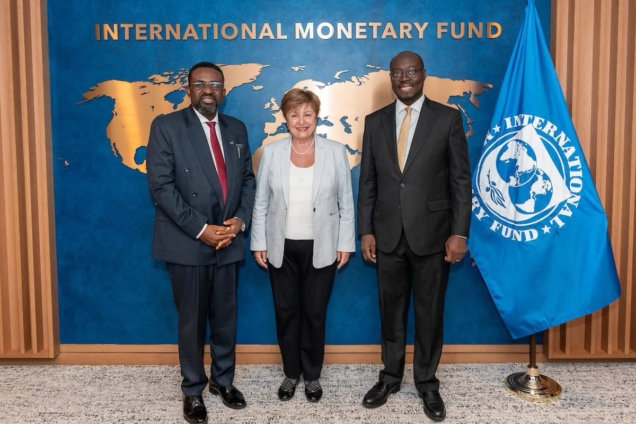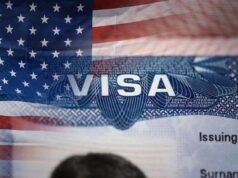A staff mission from the International Monetary Fund (IMF) is set to arrive in Accra on September 29, 2025, for Ghana’s fifth programme review under the US$3 billion Extended Credit Facility (ECF).
The mission will assess the country’s fiscal and macroeconomic performance and determine eligibility for the next disbursement of approximately US$360 million, expected in October.
This review comes on the heels of the successful completion of the fourth assessment earlier this year and is particularly significant as it serves as the penultimate evaluation before the programme concludes in May 2026.
So far, Ghana has received about US$2.3 billion since signing onto the facility in May 2023, aimed at restoring debt sustainability, rebuilding external reserves, and driving structural reforms.
The IMF team will examine economic data up to June 2025, with discussions expected to focus on several critical areas. These include inflation trends, the impact of monetary policy, the pace of reserve accumulation, and progress toward the 1.5% of GDP primary surplus target.
Fiscal discipline will be under close scrutiny, particularly in light of persistent arrears in statutory funds such as the National Health Insurance Levy (NHIL), GETFund, and the Road Fund.
Additionally, the mission is expected to assess the recapitalisation needs of weak private banks and state-owned financial institutions, including the National Investment Bank (NIB).
Concerns over shortfalls in social spending and protection programmes are also expected to feature prominently, as the IMF evaluates how the government is balancing fiscal consolidation with the need to protect vulnerable populations.
There are growing concerns among development partners about Ghana’s ability to maintain fiscal discipline after the IMF programme ends. While some fear that the country may slip into unsustainable spending without external oversight, government officials insist that reforms, expenditure controls, and institutional safeguards are being implemented to preserve gains and reassure financial markets.
The ECF arrangement, valued at SDR 2.242 billion (about US$3 billion), was approved to help Ghana recover from a deep economic crisis, with key priorities including revenue mobilisation, public financial management, inflation control, financial stability, and private-sector-led growth.
With just one final review remaining—scheduled for April 2026—the outcome of this fifth assessment will be a critical indicator of whether Ghana can stay the course and exit the programme with durable economic reforms in place.








